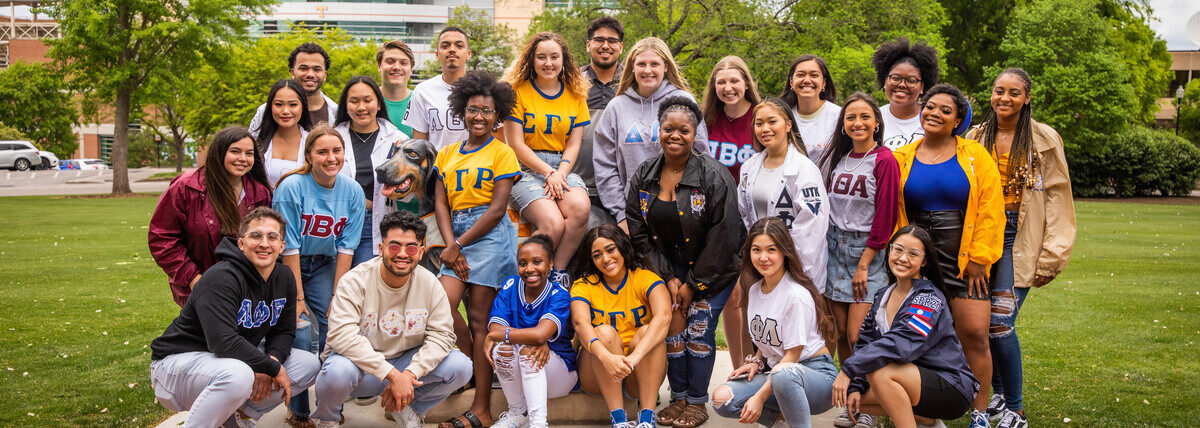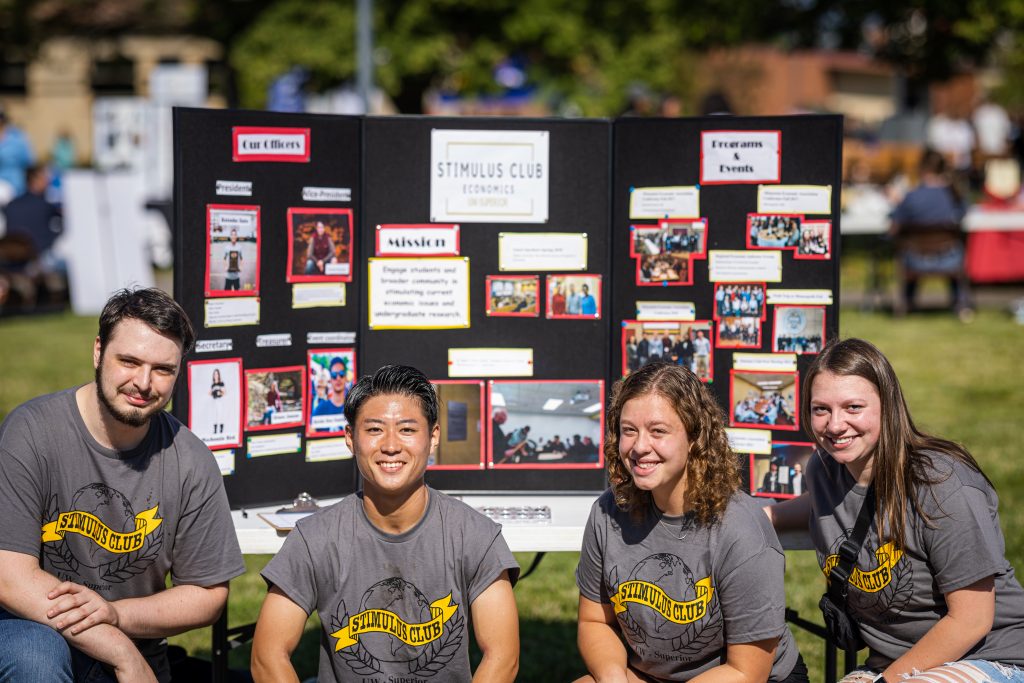
JAKARTA, inca.ac.id – Campus Organizations offers a wealth of opportunities for students to engage, learn, and grow outside the classroom. Campus organizations play a crucial role in enhancing the college experience, providing avenues for personal development, social interaction, and community involvement. In this article, I will explore various types of campus organizations and share meaningful activities that every student should consider trying during their college years.
The Importance of Campus Organizations

1. Building Community
Campus organizations foster a sense of belonging among students. By joining groups that align with their interests, students can connect with like-minded peers, creating friendships that often last beyond college.
2. Developing Skills
Participating in campus organizations allows students to develop essential skills such as leadership, teamwork, communication, and time management. These skills are invaluable in both academic and professional settings.
3. Enhancing Academic Experience
Many campus organizations complement academic learning by providing practical experiences related to students’ fields of study. This hands-on approach can deepen understanding and enhance career readiness.
4. Contributing to Personal Growth
Engaging in campus organizations encourages students to step out of their comfort zones, explore new interests, and discover their passions. This personal growth is a vital aspect of the college experience.
Types of Campus Organizations to Explore
1. Academic and Professional Organizations
These groups focus on specific fields of study or professions. They often host guest speakers, workshops, and networking events that help students gain insights into their chosen careers.
Examples:
- Business clubs
- Pre-med societies
- Engineering organizations
- Language and culture clubs
2. Cultural and Diversity Organizations
Cultural organizations celebrate the diversity of the campus community. They provide a platform for students to share their heritage and learn about different cultures through events, festivals, and discussions.
Examples:
- International student associations
- Ethnic heritage clubs
- LGBTQ+ organizations
- Women’s empowerment groups
3. Volunteer and Service Organizations
Community service organizations allow students to give back and make a positive impact. Volunteering not only benefits the community but also enriches students’ lives through meaningful experiences.
Examples:
- Habitat for Humanity
- Environmental advocacy groups
- Mentoring programs
- Food banks and shelters
4. Recreational and Sports Organizations
Joining a recreational or sports organization can enhance physical well-being and provide a fun way to relieve stress. Whether competitive or casual, these groups promote teamwork and camaraderie.
Examples:
- Intramural sports teams
- Outdoor adventure clubs
- Dance and fitness groups
- Martial arts organizations
5. Arts and Performance Organizations
For those with a creative flair, arts organizations offer opportunities to express themselves and showcase their talents. These groups can range from visual arts to performing arts.
Examples:
- Theatre groups
- Music ensembles
- Dance troupes
- Art clubs
6. Student Government and Leadership Organizations
Participating in student government or leadership organizations enables students to advocate for their peers and influence campus policies. This experience can be invaluable for those interested in politics or community leadership.
Examples:
- Student council
- Leadership development programs
- Debate clubs
- Advocacy groups
My Experience with Campus Organizations
Finding My Fit
When I entered college, I was eager to explore various campus organizations. I initially joined a few academic clubs related to my major, which helped me connect with fellow students and gain insights into my field. However, I soon realized that I wanted a more well-rounded experience.
Embracing Diversity
I decided to join a cultural organization that celebrated diversity on campus. This experience opened my eyes to different perspectives and allowed me to participate in events that promoted inclusivity. It was rewarding to learn about various cultures and share my own heritage with others.
Giving Back
Volunteering with a local non-profit organization was another highlight of my campus involvement. This experience not only allowed me to contribute to the community but also helped me develop valuable skills in teamwork and project management.
Discovering My Passion
Ultimately, I found my passion for the arts by joining a theatre group. This not only provided an outlet for creativity but also built my confidence and public speaking skills. The friendships I formed in this group became some of the most meaningful connections of my college experience.
Tips for Getting Involved in Campus Organizations
1. Explore Your Interests
Take the time to explore different organizations on campus. Attend club fairs, information sessions, and events to find groups that resonate with your interests and goals.
2. Be Open-Minded
Don’t be afraid to step outside your comfort zone. Exploring new experiences can uncover unexpected passions and forge new friendships.
3. Commit to Participation
Once you find an organization that interests you, commit to participating actively. Regular involvement will enhance your experience and allow you to make meaningful contributions.
4. Network and Connect
Use your involvement in campus organizations to network with peers, faculty, and professionals. Building these connections can open doors for internships, job opportunities, and mentorship.
5. Balance Your Time
While it’s essential to engage in campus organizations, remember to balance your commitments with academics and self-care. Prioritize your time to ensure a well-rounded college experience.
Conclusion
Campus organizations offer students invaluable opportunities for growth, connection, and personal development. By engaging in meaningful activities, students can enhance their college experience, build lasting relationships, and develop skills that will serve them well beyond graduation. Whether through academic clubs, cultural organizations, or community service, there’s something for everyone. Embrace the opportunities available on your campus and make the most of your college journey!
Improve Your Abilities: Explore Our content on Knowledge
Take a Look at Our Latest Article on Faculty Research: Advancing Knowledge and Discovery!
#Campus Organizations #Campus Tips #Engaging in Meaningful Activities #experience #indonesia #leadership #student life







